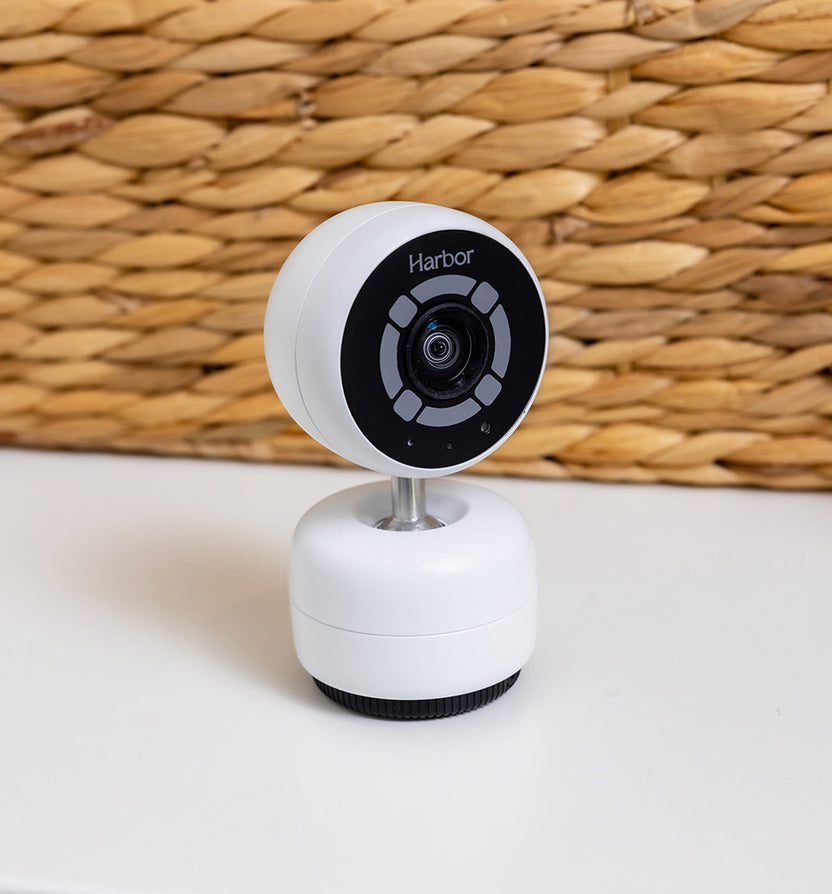
Written by: Dr. Sunita Osborn
My first postpartum cry occurred approximately eighteen days after my daughter was born. My husband had thoughtfully made a playlist of my favorite songs to help us navigate the newborn trenches. “How Far I’ll Go” from Moana, which had been my anthem during pregnancy, came on. I was hit with a flood of emotions, realizing that I was no longer the child—the heroine in the story who passionately screams, “I am Moana”—I was the mother who stays behind. I was a mother who now, apparently, cried during songs that used to energize me while I made coffee in the morning.
It was absurd, it was confusing, and it was more than a little embarrassing. It was also the first of several unexpectedly emotional postpartum moments that I would come to experience.
The postpartum experience is often framed in extremes: pure, exhilarating joy and utter exhaustion. While most parents will swing between these two extremes, they’ll spend most of their time somewhere in between. And with that come many moments that don’t fit neatly into the typical happy-but-tired narrative.
New parents will feel happy and tired, and they’ll also feel sad, relieved, grateful, despairing, and ashamed. Sometimes these feelings occur simultaneously, creating emotional confusion in our minds and bodies. What’s important to know is that these experiences are not a reflection of your parenting capacity or your love for your newborn; they are a very real reflection of the many new and surprising experiences we confront during the postpartum period.
I remember hearing a new parent once say that it’s not the acts of new parenting that feel hard, it’s the emotions that come along with them. From my experience, I’ve learned that sometimes it’s not even the emotions, but their intensity, particularly during seemingly mundane moments.
Here are some surprisingly emotional moments you may not be prepared for…
1. Leaving the house alone for the first time
In those early days of parenting, baby can feel like an appendage. When you go out into the world solo, even to quickly purchase more diapers, you may feel overwhelmed at the realization that you have no one to attend to at that moment except yourself (and the diapers you are getting, of course).
2. When baby is soothed by someone else
I still remember the moment we took my two-month-old out to dinner with my in-laws and I could not get her to stop crying. It’s the stuff of parenting nightmares. My sister-in-law, herself a mother of four, offered to hold my daughter and soothed her almost immediately, earning “awwws” and “what a great mother” from the table. While I was relieved the crying had stopped, I was immediately flooded with shame and jealousy that she was able to do what I could not.
3. The first time you miss your old life
You can be in newborn heaven and still feel a pang of sadness upon seeing a group text pop off as childfree friends make plans for happy hour later that evening. Even more confusing is when this sadness is followed by guilt for not appreciating what’s right in front of you!
4. When you realize you and your partner feel like strangers
While you may still be a couple while parenting a newborn, it may feel as if the romantic part of your relationship has been put on the back burner while co-parenting now dominates your partnership.
5. Other surprisingly emotional moments may include:
-
Feeling invisible with the baby present
-
Your first day back at work
-
The first time baby hits a milestone while you’re not there to see it
-
Your first time leaving baby at daycare or with a nanny
-
When the fact that parenting is a lifelong commitment starts to really sink in
These moments are all part of parenthood’s rocky emotional landscape. It’s inevitable and expected that you will have numerous unexpectedly emotional moments across your parenting journey.
I remember certainly feeling emotional when we struggled to get my daughter to sleep for weeks upon weeks. I also remember, much to my husband’s confusion, feeling just as emotional when she went to sleep on her own without the hours of rocking she previously needed. It was what I always wanted, yet part of me still grieved that one element of our parenting journey had already changed.
To the best of your ability, greet these moments with compassion and understanding. If your emotions begin to feel overwhelming or increase in intensity, consider checking in with your support system to see how you might be able to access additional help.
This rollercoaster of emotions during the postpartum period is normal. So much so that I’d encourage you to share these experiences with other parents. There’s a good chance they’ve had their own experiences crying to Moana, experiencing glee at the grocery store, and sobbing over the smallest things. The most effective salve in these moments is compassion for ourselves and connection with others that remind us we are not alone.
Note: The information provided on the site is for educational purposes only and does not substitute for professional medical advice.
If you need immediate support, please consider reaching out to a crisis counselor by texting HOME to 741741 at any time. For perinatal support, if you're not in crisis but feeling overwhelmed, you can contact the Postpartum Support International (PSI) helpline at 800 944 4773 for assistance.




